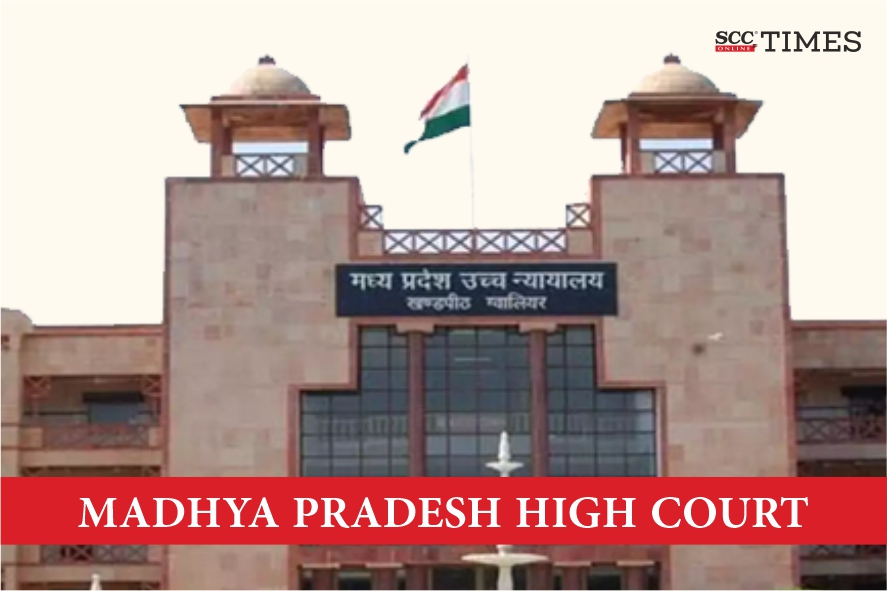Madhya Pradesh High Court: In an application filed under Section 482 of the Criminal Procedure Code, 1973 (CrPC) challenging the order of maintenance due to absence of a legally recognized marriage, a single-judge bench comprising of G.S. Ahluwalia, J., upheld the maintenance order in favor of the respondent, emphasising on the principle of preventing vagrancy and ensuring social justice under Section 125 of CrPC.
In the instant matter, the applicant filed an application under Section 482 of the CrPC against orders passed by the Magistrate, Gram Nyayalaya Balaghat, and the First Additional Sessions Judge, Balaghat, directing the applicant to pay monthly maintenance to the respondent, at the rate of Rs. 1,500 per month. The applicant case is that the respondent was not his legally wedded wife as the marriage ceremony did not take place in a temple, and the rituals performed were not proven. The applicant alleged that false allegations, including an FIR under Section 376 of IPC, were made against him. The applicant argued that the absence of a legally recognized marriage between him and the respondent renders the maintenance order erroneous. It was contended that the Trial Court failed to establish the legality of the marriage, and the respondent’s entitlement to maintenance is therefore questionable. However, the respondent argued that the applicant and respondent lived together as husband and wife for a considerable period, and the birth of a child further substantiates their relationship, therefore, the respondent is entitled to maintenance under Section 125 of CrPC.
The Court noted that the trial court did not give any specific finding on whether respondent is not the legally wedded wife of the applicant, but stated that the respondent could not prove the rituals as well as the fact that marriage was performed in the Temple. However, the trial court held that “since the applicant and respondent were living as husband and wife for considerable long time and the respondent has also given birth to a child, therefore respondent is entitled for maintenance.”
The Court referred to Kamala v. M.R. Mohan Kumar, (2019) 11 SCC 491, and emphasised that in proceedings under Section 125 of CrPC, strict proof of marriage is not necessary, and maintenance cannot be denied merely on grounds of absence of legal marriage if evidence suggests cohabitation and childbirth. The Supreme Court noted that when parties live together as husband and wife, there is a presumption of marriage, especially if there is evidence of long cohabitation and children born of the relationship. The Court referred to Chanmuniya v. Virendra Kumar Singh Kushwaha, (2011) 1 SCC 141, where the Supreme Court held that maintenance cannot be denied where there is evidence of living together as a married couple and emphasised that a broad and expansive interpretation should be given to the term “wife” to fulfill the social objective of Section 125 of CrPC.
The Court held that since the applicant and respondent lived together and had a child the respondent is entitled to maintenance under Section 125 of CrPC. The Court dismissed the application under Section 482 of CrPC and affirmed the lower courts’ orders directing the applicant to pay maintenance to the respondent. The Court found no error in awarding maintenance considering the circumstances of the case, despite absence of any specific finding by the Trial Court regarding the legality of the marriage.
[Shailesh Bopche v. Anita Bopche, 2024 SCC OnLine MP 1825, order dated 02-04-2024]
Advocates who appeared in this case :
Ms. Priyal Rahangdale, Counsel for the Applicant







